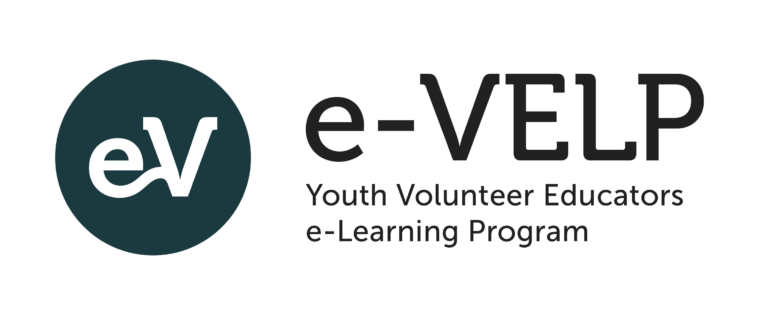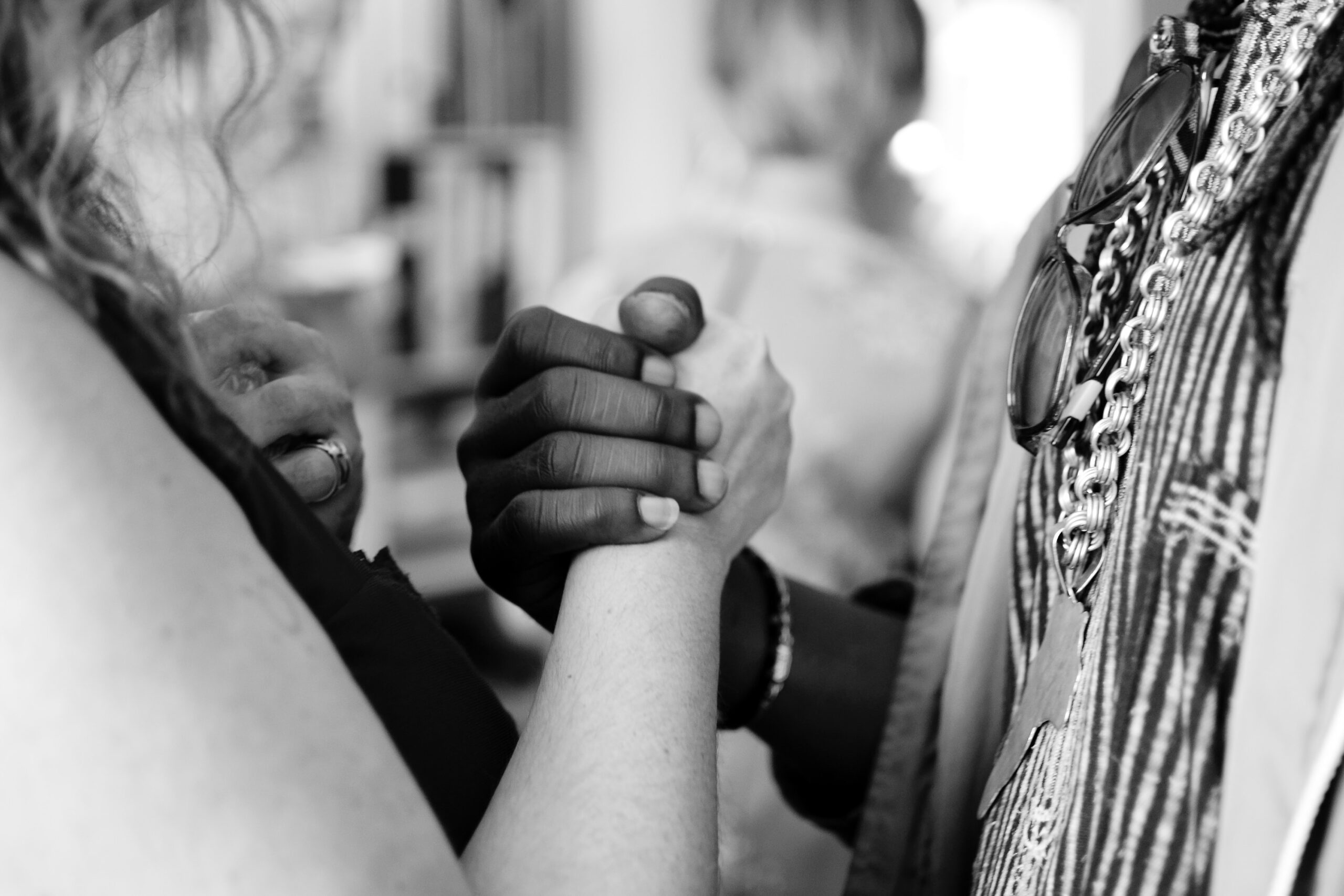Unit A.1.2 Learn about the difference between knowledge and skills, and the connection between the roles you play in life and your abilities
Learn about the difference
Learn about the difference between
knowledge and skills, and the connection between the
roles you play in life and your abilities
Learn about the difference between
knowledge and skills, and the connection
between the roles you play in life and your abilities
Learn about the difference
between knowledge and skills, and the connection
between the roles you play in life and your abilities
In the first unit we spoke about attitudes, and the function they play in our life and in our acquisition of knowledge.
Here, you will reflect on the skills and knowledge you already have, and on what you need to do to add to these to meet your career goals. Knowing what you want is very important, no matter what stage in your life you are at. However, in order to achieve what you wish, you need to be aware of the instruments necessary to reach your intended objectives. You might already possess some of these instruments without being aware of it; others, you might need to work hard to acquire. This becomes particularly important for your professional goals and experiences, whether they are paid or voluntary.
But what do we mean by “skills” and “knowledge”? Are they the same thing? Let us first explore the difference between these two concepts.
A useful way to think about it is to focus on the difference between knowing what something is, and knowing how to do something, i.e. to be able to do something. The Open University defines knowledge as information, facts or understanding about something. So, you might know the rules of a football game, or the recipe of a certain dish, or the words of a particular song. However, knowing all these facts does not mean you would be able to perform those actions properly. In other words, you might not possess the practical skills needed to make them.
For example, you might know what an English language teacher does, maybe because yourself have been a student sometimes in your life. But it does not mean you would be able to teach English, and maybe you need to learn the skills required to teach other people.
The same concept applies to your professional desires and aspirations. In order to properly perform a certain job, you need to have the specific skills required by the job. Whatever your reason (professional or personal for instance), however, you first need to become self-aware, that is you must be conscious of what you have and what you lack.
In the button right corner of this page you see an this icon ![]() . Click on this icon and you can take digital notes and document your answer to the activities during the entire course. You can access your personal notes anytime from your profile page under the “Notes” section.
. Click on this icon and you can take digital notes and document your answer to the activities during the entire course. You can access your personal notes anytime from your profile page under the “Notes” section.
Copy and paste this table in your personal notes. Read the statements in the first column. Then on the second column write if they describe knowledge or skill. On the third column, write about the attitudes connected to each statement/situation described.
| Chapter A - Unit 1.2 - Activity Table 1 - Knowledge, skills, attitudes | ||
| Statement | Knowledge or skill | Connected attitudes |
| Although I don’t play the piano, I could tell you all the notes of Beethoven’s 5th symphony because I absolutely love that masterpiece. | ... | ... |
| Our architecture professor told us during class that teaching architecture is very different from practicing as an architect. | ... | ... |
| John was very nice to explain the nature of his profession as an accountant. I now know better what accounting is about. | ... | ... |
| After three years practicing alongside a garage mechanic, I have managed to start my own business. Luckily my clients are all very satisfied with my job! | ... | ... |
Reflecting on the roles you play
Now that you have explored the difference between knowledge and skills, let us start thinking about the skills you possess and make use of. For this, it is important to reflect on the roles you play in your everyday life.
Did you know that one single person can play many different roles in the course of a single day?
Read Sarah’s brief story. Try to identify the different roles she plays in her life:
What roles do you think Sarah plays in her everyday life? Write them down in your notebook.
You can access it by clicking on the  button found on the right corner of this page.
button found on the right corner of this page.
”Roles are set of socially expected and approved behavior patterns, consisting of both duties and privileges associated with a particular position in a group.”
Ogburn and Nimkoff [3]

Roles are socially defined, because the social group in which we live has certain expectations about how we should behave. These expectations are linked to the positions and roles we occupy in our everyday life. A person will therefore play multiple roles. They can be a father, son, cousin, teacher, friend, etc. Roles will continue to change as the person grows.
Let us analyse Sarah’s example from the short story you have just read.
In the above example, she simultaneously plays the role of: mother, partner, sales executive, friend, and daughter. Each of these roles will have different and unique expectations from society in terms of the associated behaviours.
So, for example, Sarah will have to act in a decisive and formal manner when she is playing her role as sales executive, but most likely she will act spontaneous and informal when dealing with her personal contacts such as her baby, partner, mother, and friends. Each of them requires different things of Sarah.
Now look at Sarah’s roles and some examples of expected/required behaviours and skills
| Role | expected/required behaviors or skills |
| Mother | Emotional intelligence, empathy, love, ability to organise her life with the baby’s needs |
| Partner | Listen to her partner’s needs, balance her needs with those of her partner, have fun with her partner, talk and share her feelings and thoughts |
| Sales executive | Organise and attend meetings, build professional relationships with clients, discuss issues and potentials with her working partner |
| Daughter | Talks to her mother about both their lives, listens to her, helps her out, asks for advice |
| Friend | Listens to them, shares her feelings and thoughts, plans fun activities, goes out, gives advice and helps them when needed |
Like Sarah, you too may play many roles. One good way of understanding your skills and abilities is to reflect on the roles you play, or have played in the past.
Copy paste the table below in your notebook ![]() . Following the example we provide you, write the roles you play together with the behaviors and actions associated with them.
. Following the example we provide you, write the roles you play together with the behaviors and actions associated with them.
| Chapter A - Unit 1.2 - Activity Table 2 - My roles | |
| My roles | Activities and behaviors associated with my roles |
| e.g. Student | e.g. Attend classes, plan my week according to study requirements, listen to professors’ advice and guidance, study given materials, read, write, work in teams with other fellow students, etc. |
| ... | ... |
| ... | ... |
| ... | ... |
Now that you have thought of your roles, and the way in which they influence your behaviours, we would like you to reflect on these sum-up questions and write you answer in your personal notes.
– What roles dominate in your life at the moment? What abilities you use at the moment the most?
– How do you manage to combine personal and professional roles?
– What roles would you use or want to use in your workshop for local community?
Step 1) look at this list of abilities [5]. Then answer the below questions in your personal notebook ![]() .
.
– What abilities best correspond to yours?
– What roles you play are these abilities associated with? What abilities you feel you lack most and wish to acquire?
– Pick 2 or 3 abilities in the list, how do they relate to your roles you have identified earlier?
Step 2) Now Read three stories of different sets of abilities in specific scenarios:
Luke went to the supermarket this afternoon to buy food for the community of elderly people he works for. The community hosts older people who, for different reasons, cannot live with their families of origin. The staff working there offers them health assistance, and regularly organises recreational as well as educational activities. Luke is responsible for the kitchen of the community, so he cooks meals three times a day for all the members. Today, he wrote down a detailed list of all the food he needs to cook for the rest of the week. Once at the supermarket, he saw a bar of chocolate. Even though he had not planned to buy chocolate, he thought to get it anyway because he knows this would make his members very happy. [6]
Anna is a young woman actively looking for a job in her city. She never went to university because she had to help her family out since the age of 15. As a high school student, Anna would simultaneously follow courses and help her mother at home and with her little brother and sister. She especially enjoyed helping her grandmother sewing. She indeed has become very talented at sewing, so she hopes to find a job as a seamstress. [7]
Marco is a young man who has recently moved from Italy to Paris. He is hoping to build a new life in France. He fluently speaks Italian, French and English, because he is passionate about foreign languages. Since his arrival in Paris, he has been feeling very scared and lonely, but he now decided to be positive and more active about his life. He started asking around and searching the internet for potential jobs available, and he discovered an online club run by a very big community of foreigners in Paris. He got in touch with them and has now got a lot of friends. Thanks to these contacts, Marco now teaches Italian and English to French people. He loves his teaching job and is very satisfied. [8]
Step 2) Now go back to the list of abilities you read earlier. Based on the three stories you read, answer these questions:
1. What abilities do you think Luke, Anna, and Marco had to practice?
2. Does any of them remind you of your own situation and skills?
3. Which of the three stories do you empathise more with, and why?
Suggestion: Think of any difficulty Luke, Anna and Marco encountered, and how they managed to overcome their barriers. Problem-solving is a very crucial skill to bring into your life.




